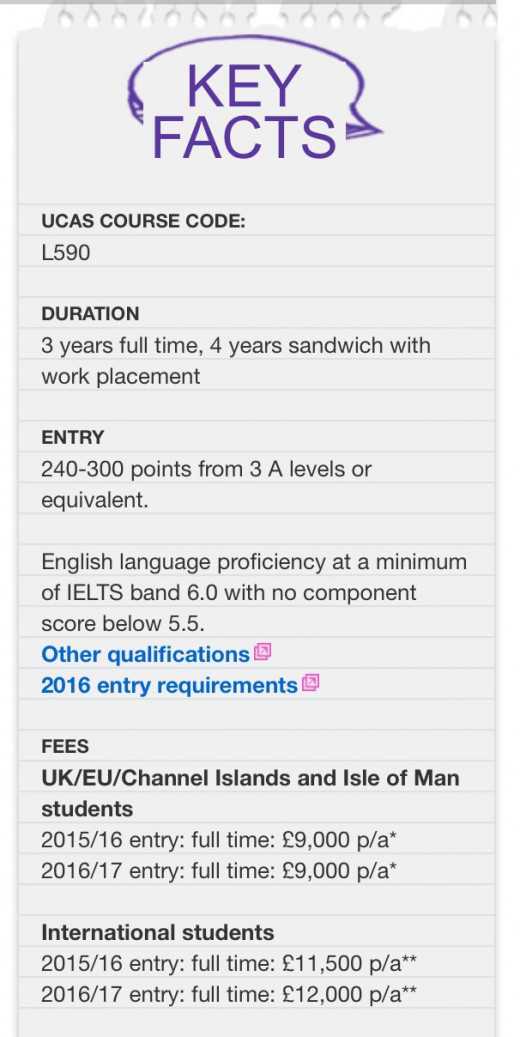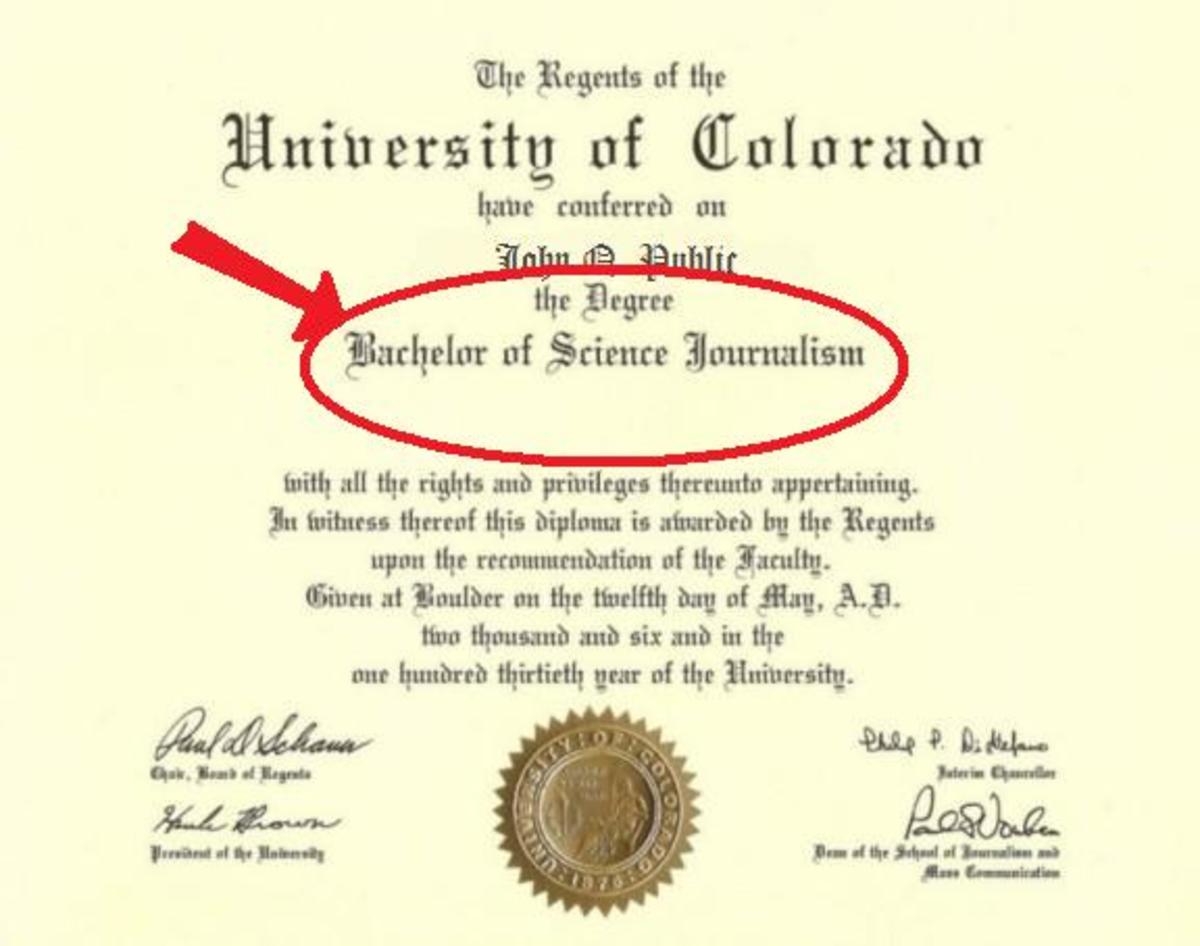How To Get A Degree
So you've decided you want to further your education by attaining a degree, but you have no idea how? Perhaps you're not 18 and there's nobody guiding you, and you have no idea where to start? Worry not, I will guide you! Here is an overview of how to achieve your goal.

What is a degree?
A UK degree is a qualification at level 4. There are Bachelors of Arts (BA) or Bachelors of Sciences (BSc). You may take one to further your career prospects or simply to further your knowledge in an area of study.In order to undertake a degree programme in the UK, you must apply for that degree via the UCAS website. When you make an application to study at a university, they will either make you an offer or deny you. Their offer will be based on whether you have the necessary UCAS points to be accepted onto the course, as well as the strength of your personal statement (a statement explaining why you wish to take the degree and why you feel you will succeed) and possibly also an interview. Conditional offers can be made if you are awaiting results for level three courses.

1. Choose your degree
First off, you need to work out which course you want to take, and read into the entry requirements for your degree. There should be a minimum amount of UCAS Points stated for the degree, for example 240 or 300.These points are acquired from grades achieved from what are called level 3 qualifications, ie qualifications taken at college such as A levels or BTECs. If you are already working in the field you wish to complete a degree in, some specify that they will consider applicants based on their experience. If the course page doesn't mention this, it is still worth emailing the faculty if you believe you have a lot of experience that could replace the need for UCAS points.UCAS points for A levels are as follows: 120 for an A, 100 for a B and 80 for a C. However, many courses specify that the points must be achieved by only two A levels or that you must still attain a certain grade to apply.
2. Meet the entry requirements
Your next step is to either complete level 3 qualifications that will enable you achieve the UCAS points to apply for your degree, or undertake an access course. Both of these you can apply for at most colleges.An access course is normally a one year course designed specifically for students aged 19+ who need a qualification in order to get onto a degree programme. This may be preferable for you due to the fact A levels will take you two years. Also you usually have to pay fees for each A level and each exam, so an access course may work out cheaper. However, many colleges operate finance options, particularly if you have not been in education after school and/or you are in receipt of certain benefits.

3. Apply
Once you are enrolled at college, or if you already have enough UCAS points, you will need to apply through the UCAS website to get onto your chosen degree. Once you have received either a conditional or unconditional offer, you need to apply for student finance to pay for your degree. Unless, of course, you have the money to pay your fees yourself. Student Finance England will not loan you money until the university confirms your place, and applying as soon as the university makes an offer is the norm whether the offer is conditional to your results or not.
The Open University: An alternative option
Alternatively, the OU is an option if you both lack the entry requirements for your degree and you don't wish to spend one or two years at college to meet said requirements. It is also of considerable benefit if you are unable to relocate for a course or have too many commitments for a degree course at a 'brick' university. The OU allows anybody to take any degree, and you can choose to study either part time (6 years) or full time (3 years). UCAS are not involved. You apply directly to courses on their website, and student finance will still loan you the fees. They have excellent customer services as well who can assist you in choosing and applying for their degrees.

- Distance Learning Courses and Adult Education - The Open University
The Open University offers flexible part-time study, supported distance and open learning for undergraduate and postgraduate courses and qualifications.
Things to consider:
If you work full time, most people choose to do a part time degree with the OU. This does still however involve a high amount of study hours per week, so ask yourself whether you are self motivated enough to schedule your own learning - there is a misconception that open university courses can be done at any speed and whenever you like. However, courses run in terms (October - June typically) and work must be submitted in line with deadlines.
You will be assessed on your academic writing at university level. Although your first year does not count toward your final classification and is therefore essentially a 'practice' year, many people struggle with this level of writing when they have been out of education for some time. Therefore, enrolling in a college course before a degree may be more beneficial than going straight to the open university.
A degree is hard work, but if you set your mind to it, the rewards are plentiful.








